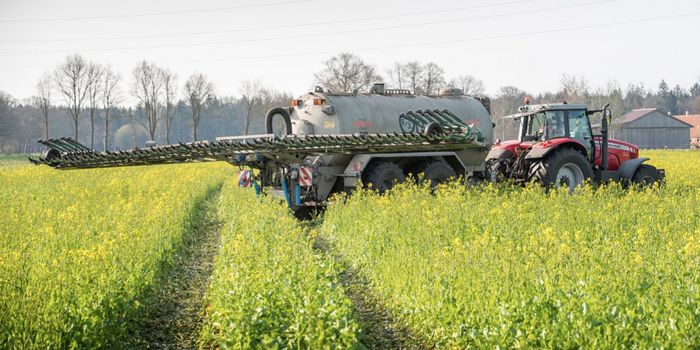Methane-fueled Commerical Production of Biodegradable Plastics in Sight
Plastics, the petroleum-based, very poorly degradable polymers, make up almost everything in our society from water bottles, food packing, disposable utensils to medical supplies, automobile parts, and electronics.
Scientists are working against the clock to come up with substitutes before plastic wastes jampack our landfills and smear over the oceans. Among many alternatives, polyhydroxyalkanoates (PHAs) stand out due to their biodegradability in the natural environment. These microbe-derived polyesters are products of bacterial fermentation of sugars or lipids, and they serve as both a source of energy and a storage place for carbon in microorganisms.
The eco-friendly nature makes PHAs prime candidates for making bioplastics. Mango Materials, a San Francisco-based startup, took the idea one step further: they produce PHAs using methane, a potent greenhouse gas and omnipresent waste in sewages and landfills, as feedstock.
Although their production is still in the early phase, the company is working on scaling up the processes. If they succeed in mass production of the PHAs-based bioplastics, the plastics industry will soon see transformative revolution.
Source: Seeker via Youtube








